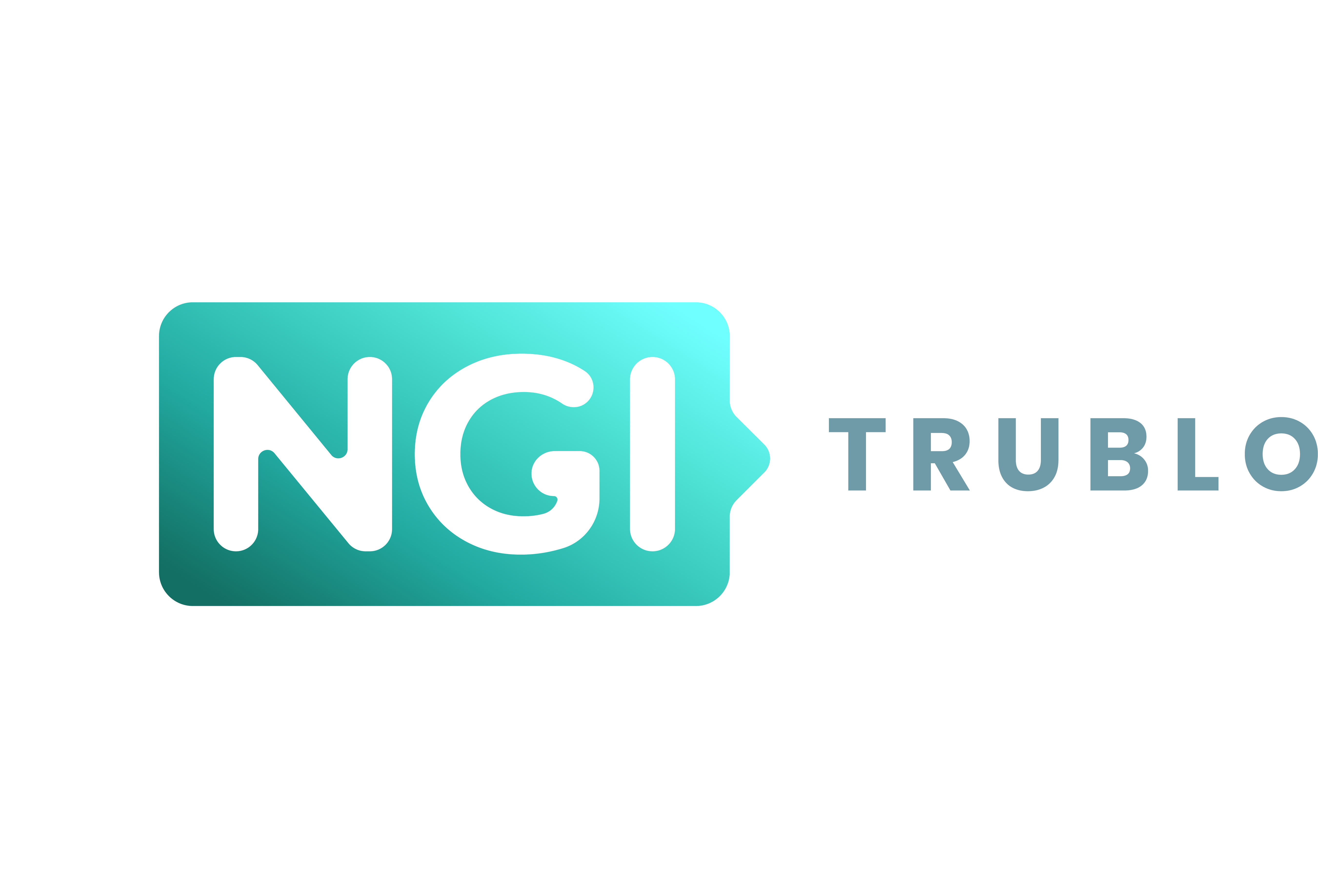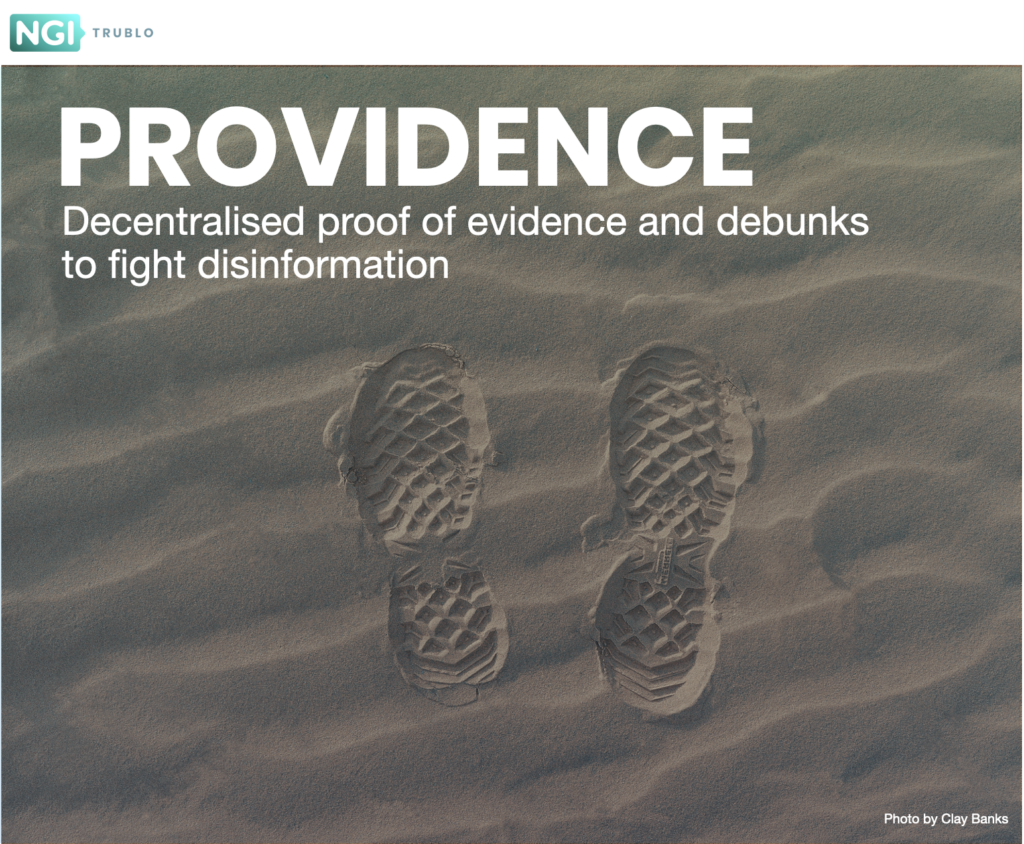Decentralized proofs of evidence and debunks to fight disinformation
Project Description
When fighting mis and disinformation, fact-checkers often face difficulties in quoting and keeping a record of their findings and evidence: mis and disinformation in media, social or independent websites are often quickly erased by the author once they’re found false, trying to cover its deceiving tracks to be able to strike again. Archiving doesn’t only help keep such authors accountable; it also saves the content indefinitely, as many URLs break with time.
Fact-checkers usually find out that content they debunked is no longer available, mining the transparency and trustworthiness of their work. Though this is not exclusive to mis and disinformation, it can also affect trustworthy media: last year, we witnessed a coordinated attack on different Spanish digital media outlets and recent events related to media outlets in Russia. Centralized web infrastructures are susceptible to this issue, which puts freedom of expression and public access to information at risk.
Linking to the original disinformative content also drives other ethical issues, such as bringing traffic to websites with mal, mis and disinformation that were created to obtain money from traffic, which create a conflict to fact-checking organizations that need to keep track of the contents they are debunking and show them to users not be fooled by it.
How can we keep a record of deceiving content with fact-checked, trustworthy information in a way that respects ethical and methodological standards and enables further investigation and research on the topic?
PROVIDENCE aims to provide transparency and trustworthiness through decentralized and cyber-resilient proofs for mal-, dis- and misinformation evidence and related fact-checks. PROVIDENCE will utilise blockchain capabilities like self-sovereign identity, verifiable credentials, and decentralized, tamperproof and immutable notarization.
Goals
The main PROVIDENCE features are the following:
- Deliver infrastructure for helping organizations globally to fight disinformation based on blockchain and digital identity with the highest European standards on data privacy and security,
- Manage fact-checkers access to PROVIDENCE based on self-sovereign identity framework AlastriaID, and
- Register both proofs of evidence of mal-, dis-, misinformation and proofs of debunks, and relate them to proofs of evidence of mal-, dis-, misinformation.
Team
Miguel Calero, Project Lead
Wealize
Javier Aguirre, Blockchain technical director
Wealize (Github)
Victoria Pérez, Blockchain product manager
Wealize
Christina Martinez, Project Assistant
Wealize
Clara Jiménez
Maldita.es
David Fernández, Fact-checking engineering director
Maldita.es
Carlos Ponce, Fact-checking engineer
Maldita.es
Ximena Villagrán, Fact-checking project manager
Maldita.es
Blockchain experience
The project team has been a member of the Alastria consortium for 3 years and has been actively working on developing AlastriaID to launch numerous demonstrators, so the experience with these tools is well-developed.
On the other hand, projects related to the identification and management of NFT tokens for different activities have already been carried out:
- Project developed with AlastriaID technology for the identification of victims of trafficking.
- DNAVERSE – Project for the automated generation and sale of NFT tokens including DNA components from collected samples.
- LTO wallet.- An universal wallet handles self-sovereign identity and tokens for the LTO network blockchain.
The team considers self-sovereign identity, tokenization of digital content and public – permissioned blockchain governance as the most interesting topics of the technology to create a sustainable, decentralized and cyber-resilient infrastructure for helping organizations globally to fight disinformation based on blockchain and digital identity with the highest European standards on data privacy and security,

